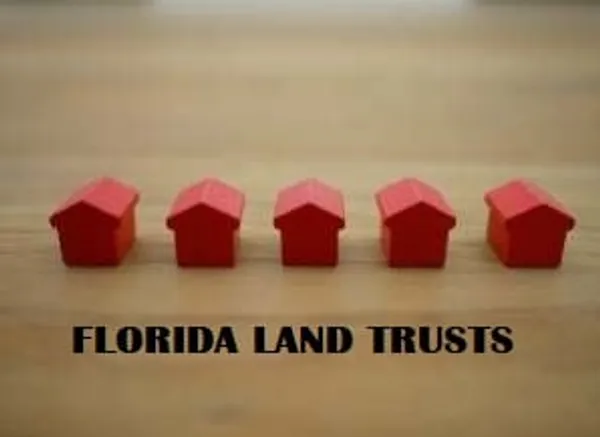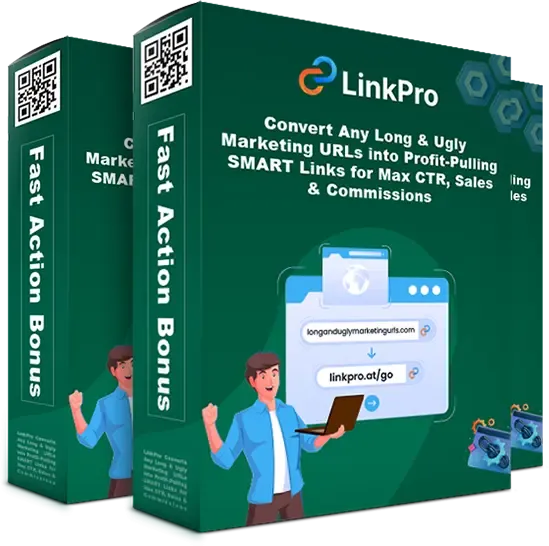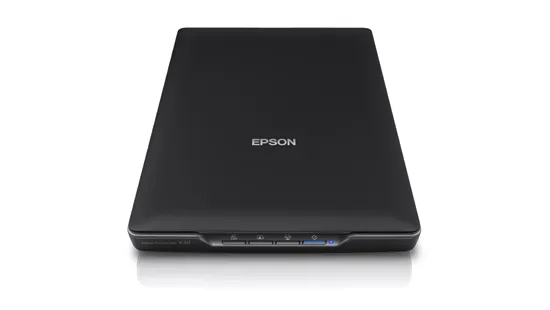Florida Land Trusts - Part 2

Holding Title and Beneficial Interests
Most families hold title to their residence in their Personal Names, or hopefully in the name of their Revocable Living Trust using their personal names as Co-Trustees. When you are buying, renting or flipping properties however, you should consider placing each one of these additional investments into a separate Land Trust for reasons of privacy and ease of management with multiple owners.
It also provides preservation of mortgages and title insurance during transfers, and elimination of normal probate, allowing immediate distribution to your beneficiaries. Florida Land Trusts in particular also provide some additional liability protection for the TRUSTEE, in the event of a judgement, and prevents personal unrelated judgements against individual beneficial owners from attaching the assets of the Land Trust.
Finally, in the event of a fire, death, slip & fall or other major event occurring on your investment property that exceeds the limit of your insurance coverage, only the assets within the Land Trust itself can be attached (as long as the beneficial owner was not personally managing the property negligently). So in these cases only the property and assets INSIDE the Land Trust itself can be attached to satisfy a judgement against that property.
Land Trusts operate similar to a revocable Living Trust, except that in 6 states the Land Trust Laws are written to contain some additional protections for the Trustee and the Beneficial Owners. (For these Special Protections, see Florida Statutes 689.071(8a) which states that equitable owners are not personally liable for trust liabilities, 689.071(8d) which states that the trustee is not personally liable for trust liabilities, and 689.071(12) which states that land trusts are treated differently than usual section 736 trusts, and are not subject to the same statutes of liability. That does not offer full protection however, without using an LLC or another Trust as the beneficial owner.
As discussed in other written articles, the only positive way to obtain full protection from court judgements which attempt to use court charging orders to continue past the property assets into your personal family assets is to hold the property DIRECTLY in a multi-member (2 or more persons) LIMITED LIABILITY COMPANY (LLC), or an LLC that is the Beneficial Owner of a FLORIDA LAND TRUST that is holding a Property within it for investment purposes.

Why would you use both an LLC and a Land Trust together to hold property? Simply because the cost to form, organize, file and report annual income and losses as well as State and Federal Tax Reporting for an LLC for EACH PROPERTY costs hundreds (and in many cases thousands) of dollars each year, and requires their own individual Federal Tax ID Numbers, Liability Insurance, and other necessary items. Holding ALL properties in a single LLC exposes the assets of ALL properties to court judgements against ONE property claim.
Florida Land Trusts by contrast are EXEMPT from filing and state or federal tax returns (they pass income/loss to each beneficial owner), and the only thing that ever has to be filed with the county is a Warranty Deed describing the property and transferring title to the TRUSTEE (a $20 filing fee).
The actual Land Trust Agreement between the Beneficial Owners, Managers, and TRUSTEE all need to be witnessed and Notarized, but all these other documents and information are considered PRIVATE under Florida law, and do NOT have to be filed with the county when the Warranty Deed is filed (other than the name of the TRUSTEE). Also, no names of Beneficiaries are ever required to be placed on file.
So in the usual case of an LLC (or multiple LLC’s) owning investment property DIRECTLY, each LLC would provide a separate 1065 Reporting Form to the Federal Govt for Taxes, and issue separate K-1 Forms to each “member” of the LLC (who are the “Beneficial Owners” of the LLC) showing their portion of the profits and losses for the year. Each member in turn would attach the K-1 Forms to their individual 1040 Income Tax Forms (a K-1 is similar to a 1099, but applies to LLC’s)
But the simpler and much more economical method of holding multiple properties would be for the Beneficial Owners to form a SINGLE LLC which would then form a Separate Land Trust for each property being purchased or transferred.
There are no annual reporting requirements or forms to file for each Land Trust with state or federal tax authorities, and no annual fees. And the single LLC simply reports a simple profit and Loss to the IRS, and then issues K-1’s (for proportional profits/losses) to each beneficial owner for reporting same their share on each of their personal 1040 taxes.
The Beneficial Owners own and control the LLC which provides the full asset Protection against major losses, and the LLC itself is the single Beneficial Owner of each Land Trust. The Land Trusts in turn isolate each property from one another, and prevent losses in one from spilling over to any of the other properties in their own separate Trusts. The LLC keeps track of the individual profits and losses within each Land Trust it owns, and simply issues a single K-1 to each Beneficial Owner” for tax reporting purposes on their IRA Form 1040.
Who can be the “Beneficial Owner” of a Limited Liability Company (LLC)?
- A single person, their Living Trust (thru their Trustee), or their IRA or 401K (thru their Trustee)
- A husband & wife, their Living Trust or their IRA or 401K (please note that a self-directed IRA allows an individual IRA (thru the Trustee) to own all or part of an LLC, which can then be used to invest in properties and other items. In the case of a husband and wife, each parties IRA can EACH invest in and hold 50% interest in a single LLC. This method allows funds from 2 separate IRA’s to be combined together for investment purposes while keeping the profit/loss accounting separated by simple ownership percentage interests
- A regular Limited Liability Company (LLC) with up to 100 unrelated individuals
- A regular C-Corp, S-Corp or any other legal Entity
Who can be the “Beneficial Owner” of a Florida Land Trust?
- A single person, or their Living Trust (thru their Trustee). You have to check with your specific self directed IRA to see if the Trustee will hold direct title to your Florida Land Trust.
- A husband & wife, or their Living Trust, Family LLC, or Self Directed IRA/401K. You have to check with your specific self directed IRA to see if the Trustee will hold direct title to your Florida Land Trust
- A regular Limited Liability Company (LLC) with up to 100 unrelated individuals
- A C-Corp, S-Corp or any other legal Entity
SO WHO CONTROLS WHAT? – The Chain of Chain of Command
If Holding Property Individually . An individual holding property directly controls all aspects of ownership and management as well as liability
If A Husband/wife holding property directly control all aspects of ownership and management, but it requires both signatures on all legal documents, loans and other transfer documents. They are also personally liable.
If Holding Property through Your LIVING TRUST – Such as An individual or Husband/wife holding property directly thru their LIVING TRUST. In this case the Title and control of the property is the TRUSTEE of their LIVING TRUST (which can of course be the same person) and the Trustee manages the property per the written instructions of the Grantors of the Living Trust (the Husband and Wife) for their benefit. The current Trustee’s single signature is all that is required to manage the property.
In the Living Trust situation where the property is also held within a Florida Land Trust, the current Trustee of the Living Trust is the “Beneficial Owner” but the named Trustee of the Land Trust holds title and controls and all legal aspects of that particular property per the terms and conditions of the Land Trust Agreement. Losses within the Land Trust remain isolated inside it completely and will not flow to the remainder of the Living Trust.
It should be noted that the Trustee (and successors) of the Living Trust can be the same names as the Trustee (and successors) of the Florida Land Trust, if desired. The current Trustee’s single signature is all that is required to manage the property.
Holding Property through your IRA or 401K – Such as An individual holding property directly thru their Self-Directed IRA or 401K.
If this is a standard self-directed IRA, the TRUSTEE of the IRA holds title and legal control, subject to your wishes and instructions. In these cases, there are usually additional annual fees and other charges for performing any services or transferring any documents. Typical costs for this often amount to $100-200 per year per property, plus a fee of $25-50 per signature required on deeds and other legal documents.
If this is one of the newer Self-Directed IRA’s (called a CHECKBOOK IRA), the IRA Trustee allows the individual to form a Limited Liability Company (LLC) of which your IRA itself will be the “Beneficial Owner”, and your LLC appoints a “Manager” (like yourself) to manage, operate and control the assets held within the LLC.
That LLC in turn, would hold title to your investment property, or in the case of multiple properties, would be the “Beneficial Owner” of each Land Trust being held (as well as the TRUSTEE of each Land Trust).
If a husband and wife each have a self-directed IRA, they can each fund the LLC on a 50-50 basis, thereby doubling their cash buying power, and greatly reducing the expense of managing and accounting for two separate LLC’s. Typical costs per year are usually much lower, and there would be no third party costs at all for handling legal documents (the Manager of the IRA-LLC would be able to sign all the documents himself. At tax time, the LLC (which is jointly held by both IRA's) would issue a K-1 to the husband's IRA for 50% of the profit or loss, and a K-1 to the wife's IRA for 50% as well.
If Holding Property in a Multi-Member LLC – An LLC may have up to 100 individual Members, which are called the “Beneficial Owners”. The group appoints a “Manager” (like yourself) to manage, operate and control the assets held within the LLC. That LLC in turn, would directly hold actual title to your investment property, or in the case of multiple properties being held in Land Trusts, would be the “Beneficial Owner” of each Land Trust being held (as well as probably the TRUSTEE of each Land Trust).


DUTIES OF TRUSTEE AND MANAGERS











